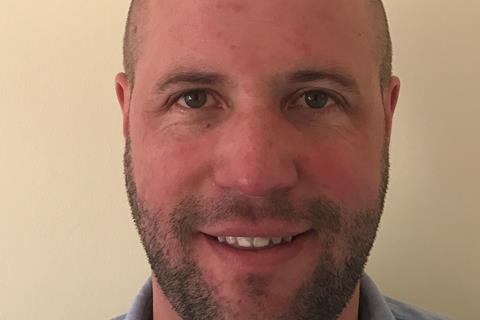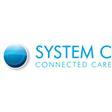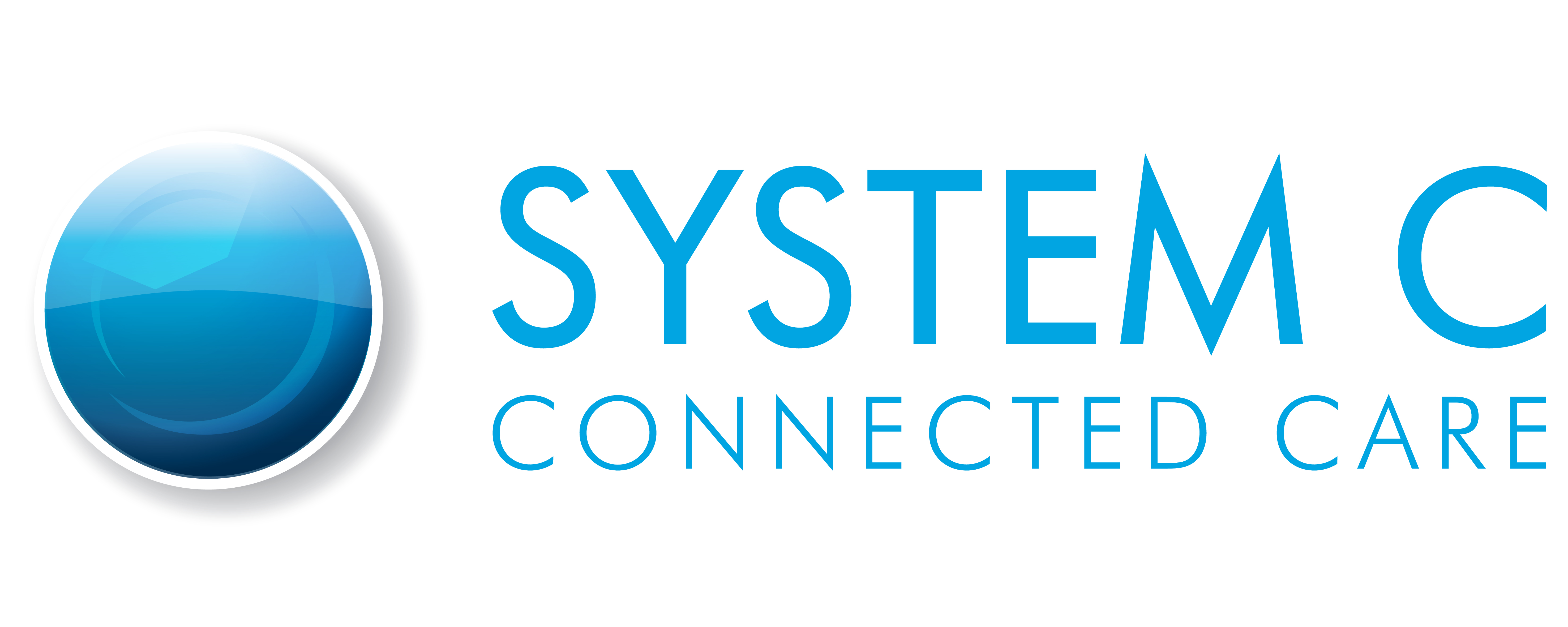High profile unauthorised data sharing can set us back years. We must all rise to the challenge of giving clinicians the tools they need to share information securely across whole accountable care systems, writes Jonathan Bloor
The BBC, Guardian, Times and others have all been running articles on the widespread use of of non-compliant, consumer messaging apps like WhatsApp by doctors and nurses. This coincided with a high profile story where the Information Commissioner’s Office ruled that a London trust and Google DeepMind had failed to comply with the Data Protection Act.
Unfortunately every time the NHS or suppliers push legal boundaries like this it can create a significant backlash that sets us all back by years – as we saw with Care.data. This is damaging and unnecessary. It is quite possible to share data in a legal and secure manner, making information available to support direct care without contravening patient confidentiality restrictions.
The NHS has known about the clinical use of WhatsApp for a long time. Doctors have openly written about it in medical journals.
Unless healthcare organisations start to provide doctors and nurses with the tools they need to do a good job, they will continue to use their own initiative and find unauthorised workarounds
A 21st century healthcare system cannot expect its highly skilled doctors and nurses to continue to use pagers and fax machines to coordinate care. Clinicians turn to messaging apps like WhatsApp because they know that this type of team based technology can improve the efficiency and safety of the care they deliver. And because no alternative is provided to them by their employers.
It is not just a question of inter team communication. Every healthcare team needs to know who their patients are, where they are, what needs doing, and they need to be in a position to hand over care when necessary.
The tool that clinicians traditionally turned to for these key workflows is paper. Unless healthcare organisations start to provide doctors and nurses with the tools they need to do a good job, they will continue to use their own initiative and find unauthorised workarounds.
No compromise
In fact, there are a number of healthcare messaging, care coordination and alerting apps, such as System C’s Careflow, which are already used by the NHS to help doctors and nurses coordinate care efficiently and safely, without the need to compromise a patient’s data.
We need to provide health and social care teams with the technology that allows them to coordinate care across the whole health economy
Careflow, for example, fully encrypts data and hosts it in the UK to comply with UK data protection laws and NHS information governance standards. These messaging platforms allow care teams to have secure conversations and share relevant information, which, when linked to a patient identifier, becomes part of a patient’s record. They understand how healthcare teams work and provide flexible clinical workflow alongside secure communication.

As an example, many NHS organisations already identify patients with acute kidney injury and alert doctors – without breaking the law. This has been the case for many years and the NHS itself funded some of this work as part of its high profile SBRI Healthcare Innovation initiative.
As we move towards an accountable care organisation/accountable care system care delivery model, we must not forget that we need to provide health and social care teams with the technology that allows them to coordinate care across the whole health economy.
This important communications technology already exists. We now need to get it in the hands of clinicians.
Dr Jonathan Bloor is director of clinical information, System C.




























1 Readers' comment